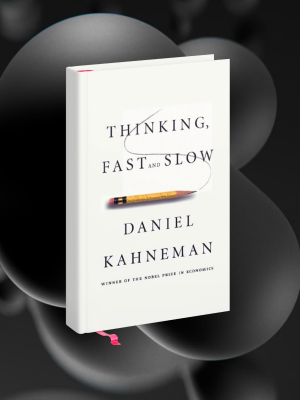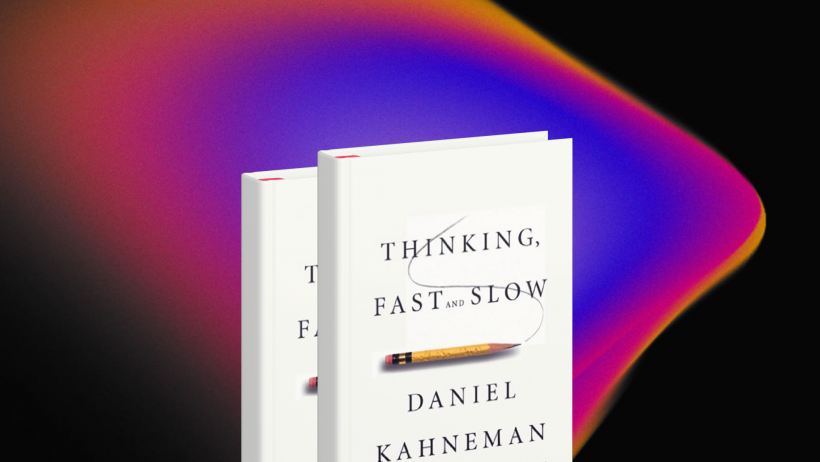If you are interested in the topic of human thinking,its key features and want to understand this topic better, we know how to help you!
Download the book "Thinking, Fast and Slow"written by psychologist Daniel Kahneman and get the answers to all questions!
Book description
The book examines how humans think and make decisions, and how these processes are influenced by cognitive biases.
The book covers topics such as loss aversion, framing choices, and the tendency to replace a difficult question with one that is easy to answer. It was a New York Times bestseller and won the National Academies Communication Award in 2012. However, the integrity of some of the studies cited in the book has been called into question in the midst of the psychological replication crisis.
The book's primary argument is that there are two distinct modes of thought, "System 1" and "System 2".
System 1 is quick, instinctive, and emotional, while System 2 is slower, more analytical, and more logical. Kahneman's research on loss aversion is used to illustrate the rational and non-rational motivations associated with each type of thinking process; he then goes on to explain how these two modes of thought can work together.
The book also explores topics such as framing choices and the tendency of people to replace difficult questions with easier ones, drawing on decades of research to suggest that people often have an inflated sense of their own judgement.
You can download this book for free!

